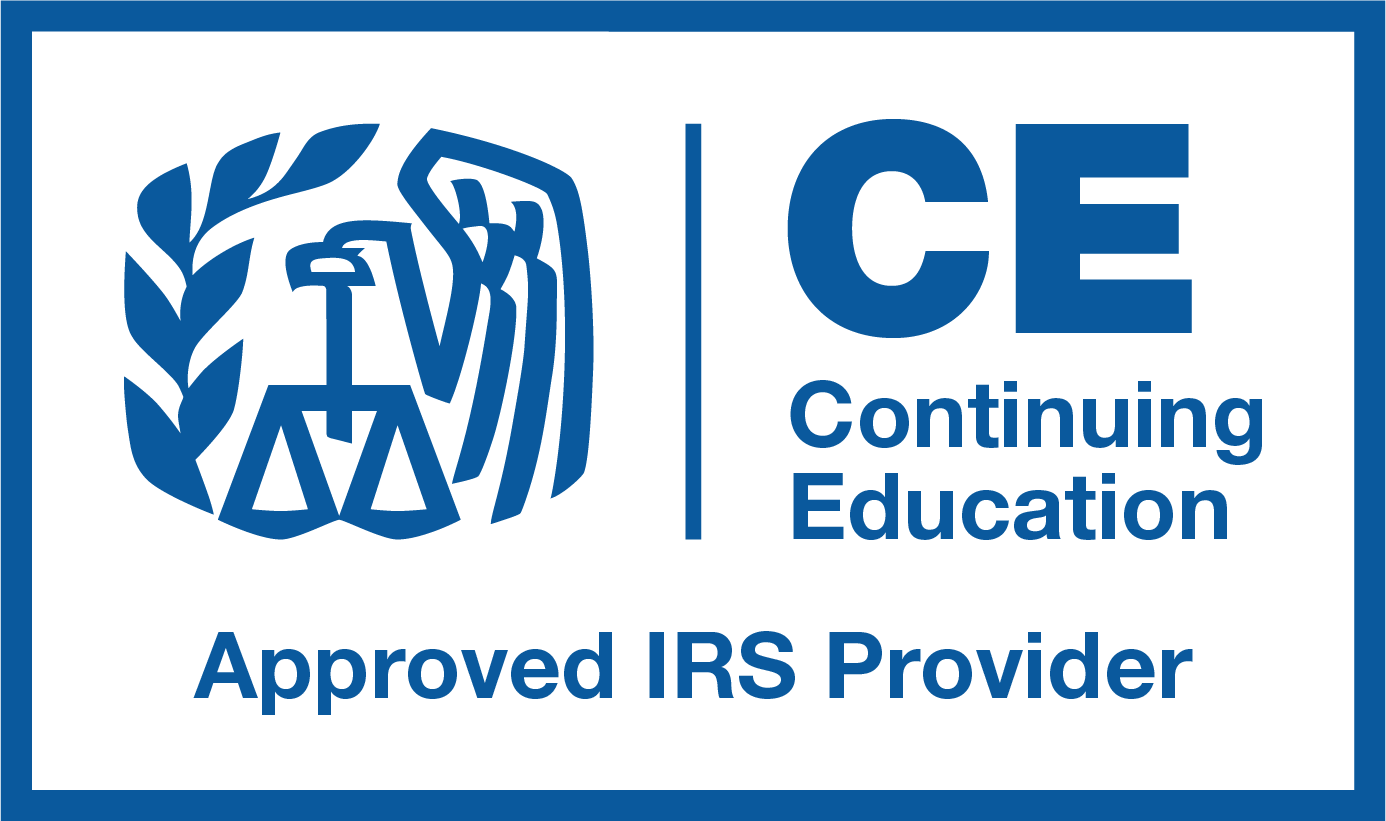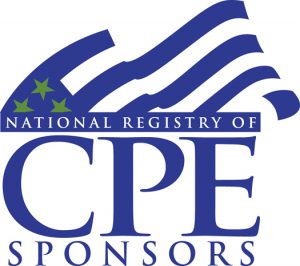
LIVE WEBINARProfessional ethics: Improving psychological safety | Price: Contact us
Course description:
Psychological safety is a belief that you are free to share your thoughts and not be punished for speaking your mind. It is an important area of research in the field of organizational behaviour. Current research has shown that organizations and teams with higher psychological safety are more productive, creative, and happier. And teams and organizations that have higher psychological safety make better and more ethical decisions.
However, current research also shows that psychological safety is fragile within organizations and teams. Critical events such as new leadership, organizational strategy changes, and external situations (such as a pandemic) can adversely affect an organization’s psychological safety.
We will examine current research to better understand psychological safety for organizations and teams. We will then introduce ways to assess and improve psychological safety for both organizations and teams.
After completion of this course, the professional competence that can be achieved by participants:
- Understanding what is meant by the term psychological safety
- Understanding the importance of psychological safety to decision making and ethics
- Identifying the benefits of improving psychological safety within teams and organizations
- Exploring examples of organizations with both high and low psychological safety
- Applying action steps to improve the psychological safety within your teams and organization
Learning objectives
After completion of this course, participants will be able to:
- Define the term psychological safety
- Identify at least 1 misconception of psychological safety (i.e. what it is not)
- List 2 fears that cause low psychological safety within teams
- List at least 3 of the 7 point scale used to assess psychological safety
- Identify at least 3 benefits of psychological safety for the organization and team
- Apply an assessment to understand the psychological safety of your team
- Explain how low psychological safety can cause poor ethical decision-making
- Identify at least 1 real-life organization that demonstrates either high or low psychological safety
- Develop at least 1 action step to improve psychological safety within your team and/or organization
- Develop at least 1 action step to improve psychological safety within virtual teams
In order to be awarded the full credits, participants must respond to three out of four polling questions asked during each CPE credit hour.
Additional Information
- Program Level: Basic
- Program pre-requisites: There are no prerequisites for this course
- Advance preparation: None
- Delivery method: Group internet based
- CPE credits: Participants will earn 2.0 CPE credits in the field of study of behavioral ethics
- Refunds and cancellations: Sheriff Consulting will issue refunds for courses cancelled by participants no later than 24 hours before the start time of the program. For more information regarding refund, complaint, and/or program cancellation, please contact our offices: garthonline@sheriffconsulting.com
Sheriff Consulting is registered with the National Association of State Boards of Accountancy (NASBA) as a sponsor of continuing professional education on the National Registry of CPE Sponsors. State boards of accountancy have final authority on the acceptance of individual courses for CPE credit. Complaints regarding registered sponsors may be submitted to the National Registry of CPE Sponsors through its website: www.NASBARegistry.org.
SHERIFF CONSULTING
An engaging approach to professional development
SHERIFF CONSULTING



